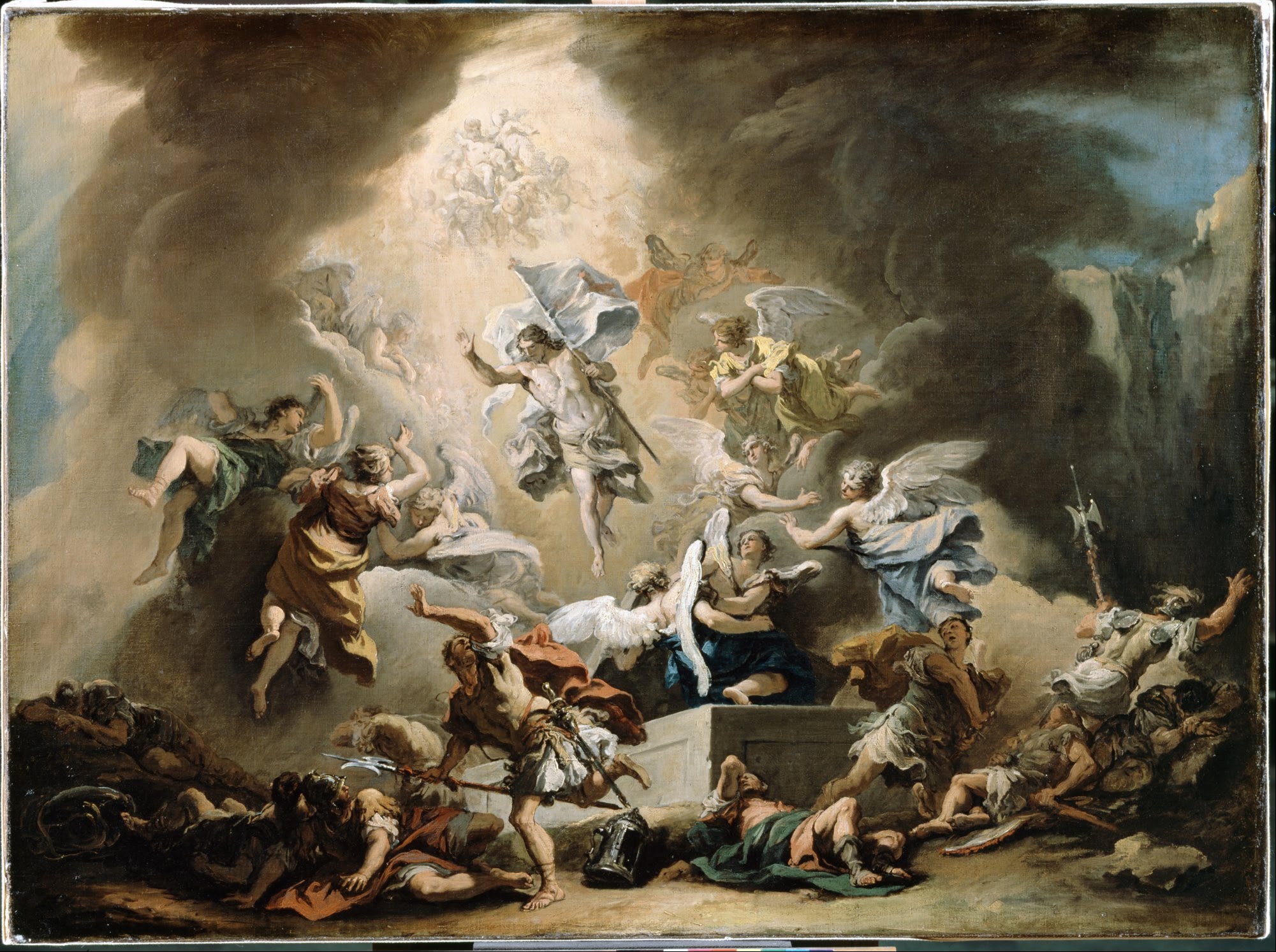Easter People on Mission: Week 7
Acts of the Apostles Scripture Challenge
Acts of the Apostles Scripture Challenge

Felix leaves Paul in prison for two years and during this time, Porcius Festus takes over as governor. Upon traveling to Jerusalem, Festus finds that Paul’s two-year imprisonment has not calmed the anger of the Jewish authorities, who immediately press charges against Paul before the new governor. Festus returns to Caesarea and sits on the tribunal for Paul’s second trial. The Jews who had come from Jerusalem brought many serious charges against him. As before, they are unable to prove any of the accusations. King Agrippa, ruler over small areas in northern Palestine, arrives in Caesarea to visit Festus, and Paul is brought before the king to plead his case. In this speech, Paul presents himself as a zealous Pharisee and Christianity as the logical development of Pharisaic Judaism. The story of his conversion is again recounted in this speech. Paul’s case is judged impartially by the king, and no grounds for legal action against him are found. Paul could have been set free; however, he had appealed to Caesar, so he is transferred to Rome.
Paul and some other prisoners set sail for a 3-part journey to Rome under the authority of a centurion. He takes a ship from Caesarea to Myra, another from Myra to Malta, and then another from Malta to Italy. In the second leg of the trip, they encounter a storm and shipwreck. Paul stands out as a pillar of strength and composure who encourages those around him. The ship drifts to the island of Malta where the it runs aground and those on board swim to safety. The soldiers want to kill the prisoners so that they don’t escape, but the centurion likes Paul and wants to save him, so he prevents the soldiers from carrying out the plan.
The soldiers and prisoners stay for three months in Malta while winter sailing is impossible. Everyone is impressed with Paul, who shrugs off deadly snakes unharmed and heals the sick with his hands.
When finally arriving in Rome, Paul is placed under house arrest, and under this mild form of custody, he is allowed to proclaim the Word. Paul learns from the local Jewish community that the Jews of Jerusalem have no plan to pursue a case against him before Roman jurisdiction. The Jews of Rome have heard the Christian teaching denounced, but Paul’s offer to explain it is readily accepted. A large group comes to his lodgings and Paul bears witness to Jesus and convinces some that Jesus is the Messiah. Paul emphasizes that the salvation promised in the Old Testament, accomplished by Jesus, and offered first to Israel, has now been offered to and accepted by the Gentiles. Paul presents scriptural support for his argument.
Paul remains two full years in his lodgings and receives all who come to him, proclaiming the kingdom of God, and teaching about the Lord Jesus. This is where Acts of the Apostles ends. Paul’s confident and unhindered proclamation of the Gospel in Rome forms the climax to the story whose outline is provided in 1:8 – “You will be my witnesses in Jerusalem . . . and to the ends of the earth.”
What are some things we can learn from these passages?
Acts of the Apostles is silent about the outcome of Paul’s case before Caesar, although tradition has it that Paul was released and returned to active ministry. This probably unfolded in one of two ways 1) He successfully defended himself and was acquitted by the Roman tribunal, or 2) the accusers from Jerusalem failed to make an appearance before the court, giving Rome legal cause to dismiss the charges.
As for subsequent ministry, Paul expressed intentions to travel westward to Spain and eastward to Macedonia. There is some evidence to suggest he was successful on both counts. Tradition holds that Paul was later rearrested and martyred (beheaded) in Rome in the mid-60s.
Now that you better understand Paul and his teaching, read one of Paul’s letters over the summer such as Galatians (False Teachers Misleading Churches on Mosaic Law) or First Corinthians (Addresses Problems in Corinth), Colossians (Christ as Head of the Church), or Ephesians (The Church as the Body of Christ).